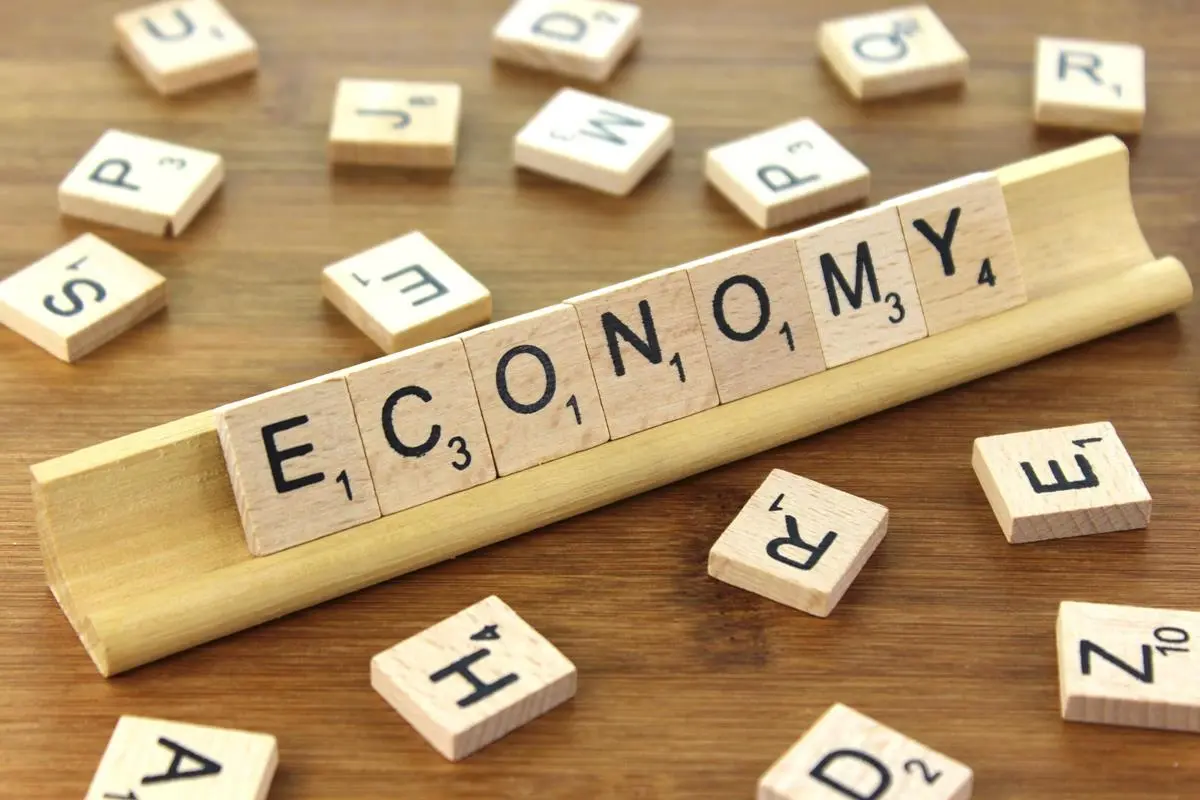Real gross domestic product (GDP) growth in Africa is anticipated to slow to 4.1 percent in 2022., According to the African Development Bank Group’s latest “African Economic Outlook 2022” report, this reflects the fading of base effects, uncertainties about the persistence of the COVID-19 pandemic, and the impact of the Russia-Ukraine conflict.
Real GDP increased by 6.9 percent in 2021, supported by a recovery in global demand, higher oil prices, the lifting of COVID-19 restrictions in most countries, and associated growth in domestic consumption and investment.
Africa’s average fiscal deficit is expected to fall to 4% of GDP by 2022., from 5.1% in 2021, reflecting the scaling-down of COVID-19-related interventions and relative strengthening of domestic revenues.
Rising commodity prices triggered by the Russia–Ukraine conflict represent a major headwind for the fiscal situation in the short to medium term, especially for economies dependent on imports of energy and food commodities.
However, the Ivory Coast-based multilateral development bank suggested that the long-run policy response to economic diversification should include increasing intra-Africa trade to build food self-sufficiency, which will be critical to building economic resilience to future shocks.
Africa’s average current account deficit is projected to reach 2% of GDP in 2022, down from 2.4% in 2021, underpinned by a possible narrowing of the trade deficit and current transfers.
According to the report, average inflation is expected to rise to 13.5 percent in 2022 from 13 percent in 2021, owing to a sharp rise in commodity prices, particularly energy and food.

